The Sacrament of Reconciliation
“[Jesus] said to [His disciples], ‘Receive the holy Spirit. Whose sins you forgive are forgiven them, and whose sins you retain are retained.’”
John 20:21-23
Why the Sacrament of Reconciliation?
“Conversion to Christ, the new birth of Baptism, the gift of the Holy Spirit and the Body and Blood of Christ received as food have made us ‘holy and without blemish’ (Ephesians 1:4; 5:27) just as the Church herself, the Bride of Christ, is ‘holy and without blemish.’”
“Nevertheless the new life received in Christian initiation has not abolished the frailty and weakness of human nature, nor the inclination to sin that tradition calls concupiscence, which remains in the baptized such that with the help of the grace of Christ they may prove themselves in the struggle of Christian life. This is the struggle of conversion directed toward holiness and eternal life to which the Lord never ceases to call us” (Catechism of the Catholic Church, no. 1426).
A guide to Confession
The sacrament of reconciliation is a healing encounter with Christ that brings us into contact with Christ’s healing mercy.
It is important to prepare beforehand! Click here for step-by-step instructions, guides, prayers and other information about the Sacrament of Reconciliation/Confession.
Click here to access a good examination of conscience in preparation for your next confession.
When should you go to Confession?
According to Canon Law, “each member of the faithful is obliged to confess faithfully his or her grave sins at least once a year” and should not receive Holy Communion while in a state of grave sin. For that reason, it is recommended that a Catholic who has committed a grave sin go to confession as soon as possible.
Reconciliation Times
Thursdays: 6:00 - 7:00 pm
Saturdays: 3:00 - 4:00 pm
By appointment: (contact Fr. Bass)
Contact: Fr. Wade Bass
Phone: (469) 467-9669 ext. 105
Email: wbass@ourladyofangels.com

